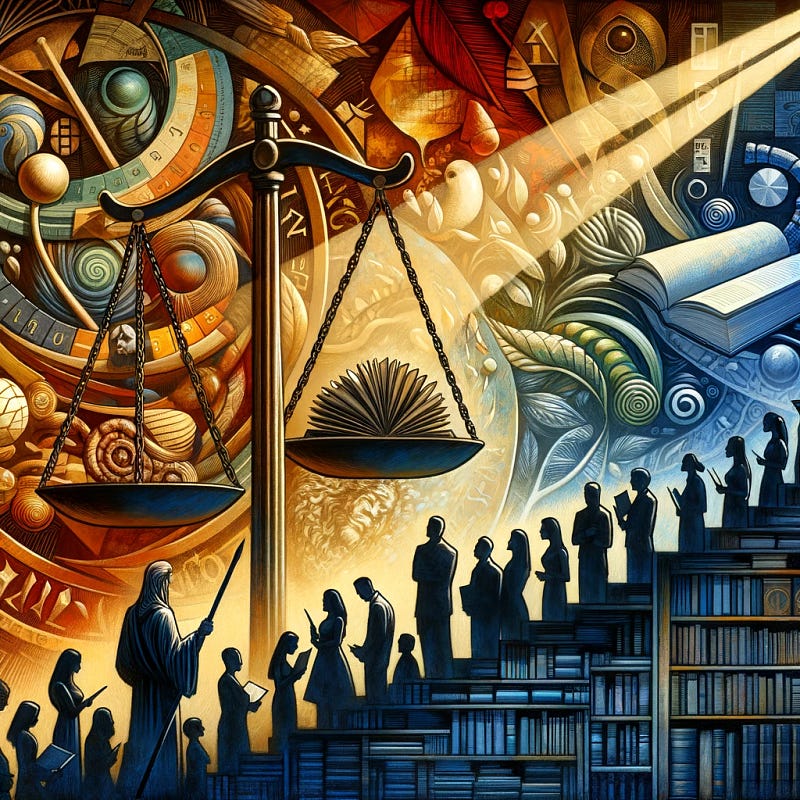The Battle Over Books
Criminalizing ‘Obscene’ Literature in Schools and Libraries

In West Virginia, something dangerous is going down.
House Bill 4654 seeks to withdraw criminal liability protections for educational institutions, public libraries, and museums in cases where they are found presenting “obscene matter” to minors.
But this isn’t about protecting children. The [numerous other efforts at conservative control of public institutions] aren’t about our kids at all: they’re about power. The power to control how your family behaves; to control the very narrative of what a family is.
Like all such bills, 4654 ambiguously defines “obscene matter” on the principle of what an “average person” deems acceptable. And it allows for severe prosecution with up to five years prison time and $25,000 in penalties.
The obvious question is: who, precisely, gets to define what is considered “average” for literary, artistic, political, or scientific, discussions?
Opposed to this bill are a staunch coalition of librarians, educators, and civil rights organizations. Representatives from these public luminaries point out that the bill could dangerously restrict access to a broad spectrum of educational content and violate the professional rights of librarians and educators.
While the forces pushing this bill try to frame it in terms of child welfare, the reality is far different. Laws like this are almost solely used to criminalize providing access to inclusive literature, including works that address LGBTQ+ themes.
No hard evidence exists on the side of the bill’s proponents that threatening teachers and librarians will help children. Which begs an important question. When West Virginia has the highest rate of child poverty in the United States, why are politicians attacking teachers and librarians?
Is it, perhaps, because it’s easy to score political points by using the catchphrase “child welfare?”
PEN America notes that this issue exists within a broader national trend of book banning efforts from conservative politicians, noting a surge in the prohibition of books across numerous states.
Ray Bradbury’s Fahrenheit 451 showed us the future that book banning creates. It’s a future devoid of meaning, of art, of free expression. It’s a future where the powerful dominate through fear, repression, and the coercive threat of violence.
That repressive atmosphere is exactly what this bill’s critics, including leaders of West Virginia’s teacher unions and advocacy organizations like Fairness West Virginia, say they fear.
We must safeguard our children — but not from books in libraries and schools. They have a lot more to fear from social policies that cut safety nets than they do from a sex-ed class, and it’s time that our elected officials recognize that.
